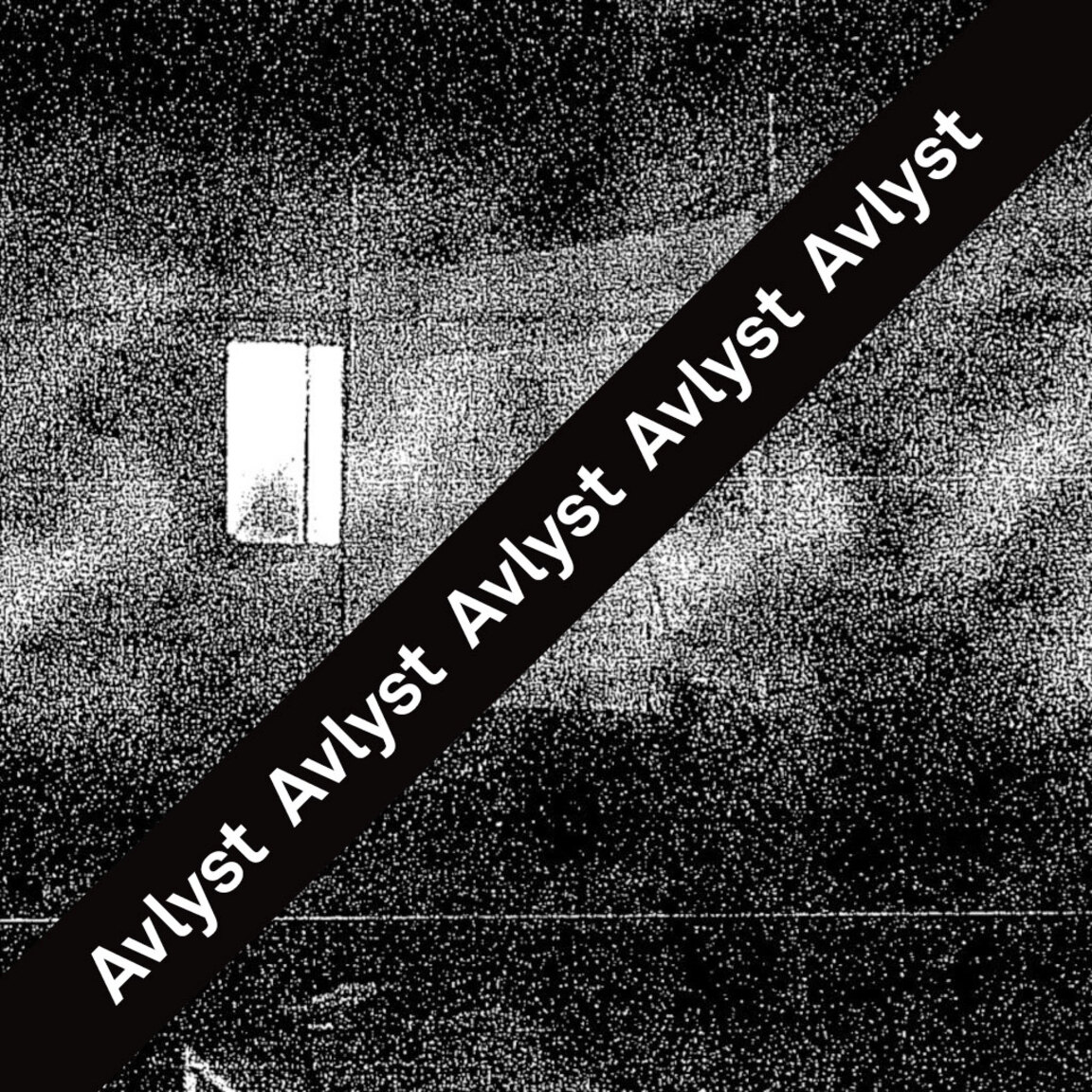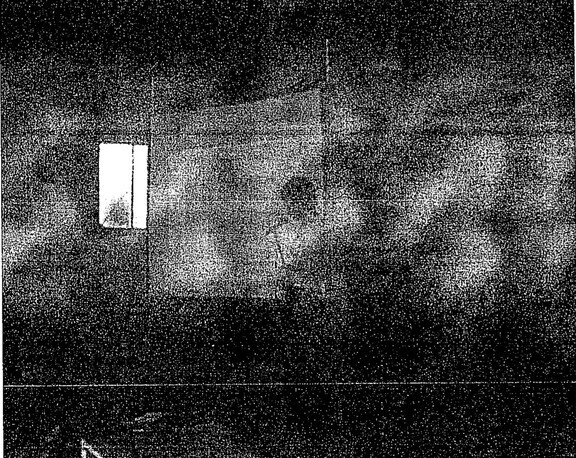Seminar

BaCk TransLation - AVLYST
This open seminar stems from professor Saskia Holmkvist´s ongoing artistic research Back Translation and current course with visiting guests Sara Eliassen, Manuel Pelmuş, Sue-Ann Harding and Temi Odumosu.
Avlyst
Seminaret er avlyst på grunn av situasjonen der helsemyndigheitene har innført sikringstiltak for å unngå spreiing av smitte frå Korona-viruset.
This open seminar stems from topics in Saskia Holmkvist´s ongoing work Back Translation which deals with contested history and politics through a performance by Heather Allen staging a KLub in Belfast 2001 addressing the situation of young adults little after the peace treaty of the Troubles in Northern Ireland.
Back Translation is also the title of a course at KHiO addressing contested history, place and memory through narratives of art, place, time and how they back translate into new art. This lecture, seminar and discussion is held by the invited guests and collaborators of the course and work Back Translation to explore the relation between the political contingent embedded in art works of a contested time as catalyst to speak about historical narratives in the present while making new work.
Sara Eliassen, Manuel Pelmuş, Sue-Ann Harding, Temi Odumosu and Saskia Holmkvist will each present their methods, filters, mech-works, circular processes, used to enable ethical and politically probing positions to speak about art, translation and de-colonial processes in relation to their work with contested history. After the presentation a panel discussion will continue the discussion.
Sara Eliassen is an artist and filmmaker working on projects in between Oslo, Mexico City and NYC. Her work is a conceptual cinema-practice investigating how aesthetics and narratives presented in moving image create collective memories, and how these influence the understanding of ourselves as subjects. Her work often plays with narrative expectations, in film, video, text, drawing, photography and installations, with a practice also involving projects in public space. Sara Eliassen currently holds a phd position at KHiO.
Sue-Ann Harding is a Senior Lecturer in Translation Studies at Queen’s University Belfast. Her main research interests are in social-narrative theory as a mode of inquiry into translations and translated events, with a particular interest in sites of conflict and narrative contestation. This has led to a diverse research profile that includes the Beslan hostage disaster in 2004 and its subsequent anniversary commemorations; Qatar’s efforts to cultivate a literary and culturally-engaged population; the translation of police interviews in South Africa; the Arabic and Russian translations of Frantz Fanon, and the resonances between narrative and complexity theory. She is currently writing a book exploring ways in which historical and contemporary narratives translate the natural and urban landscapes of Qatar.
Saskia Holmkvist is an artist and Professor of Contemporary Art at KHiO. The limit of translation is a central to her practice by exploring the broad entanglement of speech acts, body, culture and history employing performance, orality and moving image. Her works explore the interface between subject positions, otherness and contested history and issues of state through a documentary tradition retooled with performative interaction which becomes part of the aesthetic and theoretic fabric of the work.
Temi Odumosu is an art historian, creative educator, and curator at Malmö University in Sweden. She is the author of Africans in English Caricature 1769-1819: Black Jokes, White Humour published by Brepols (2017). Her international research and curatorial practice is concerned with the visual and affective politics of slavery and colonialism, Afro-Diaspora aesthetics, decolonial praxis, archival re-enactment(s), critical strategies for digitisation, and more broadly exploring how art mediates social transformation and healing.
Manuel Pelmuş was born in Bucharest, Romania. He is a choreographer and artist who lives and works in Oslo and Bucharest. Pelmuş could be seen as one of the protagonists of the “new performance turn,” artists who have been reimagining the role of performance in the context of visual arts. He often deploys continuous live presence within the context of exhibitions, using enactment as a strategy and the human body as a medium and a means to explore the body’s relationship to memory and the construction of history. Manuel Pelmus is currently doing his Phd at KHiO.
